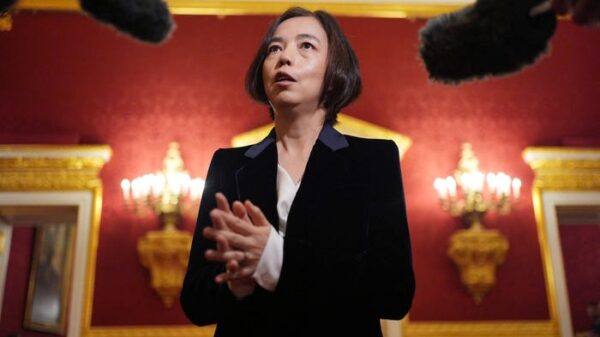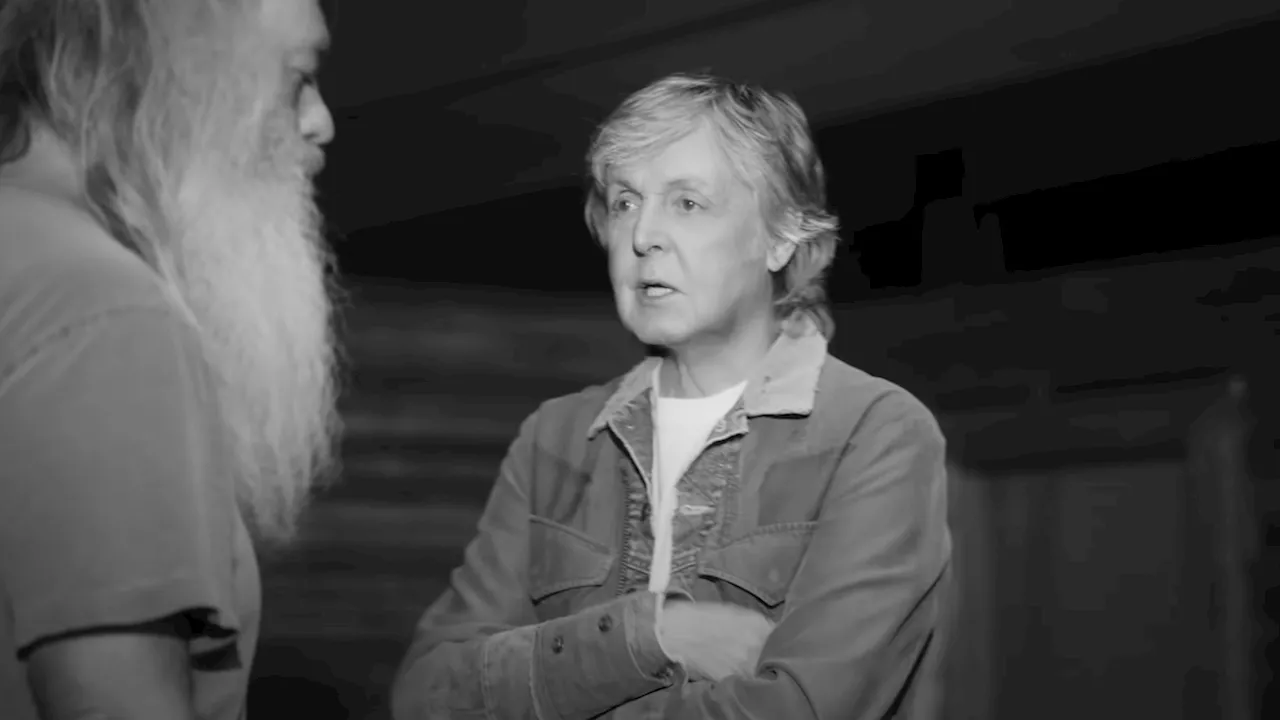Paul McCartney has publicly expressed his dissatisfaction with producer Phil Spector‘s work on The Beatles’ final album, Let It Be. Released in May 1970, after the band’s announcement of their breakup, the album had a tumultuous production history that continues to provoke discussion among fans and critics alike.
The recording of Let It Be was notably chaotic, occurring before the release of Abbey Road in 1969. This complicated timeline reflects the internal conflicts within the band, as highlighted in Peter Jackson‘s documentary, The Beatles: Get Back. The documentary delves into the struggles faced during the album’s creation, revealing tensions, particularly with Allen Klein, the band’s business manager, who played a significant role in their eventual dissolution.
McCartney’s frustration primarily stemmed from Spector’s production choices, made without his consultation. In a 1970 interview with the Evening Standard, he voiced his discontent, stating, “The album was finished a year ago, but a few months ago, American record producer Phil Spector was called in by John Lennon to tidy up some of the tracks.” He specifically mentioned the changes made to his song, “The Long and Winding Road,” which included the addition of orchestration and a choir, alterations McCartney felt undermined his original vision.
Despite his complaints, McCartney’s requests for modifications to the album went unheard. His opposition to Klein as a manager was well-known, and he felt sidelined in critical decisions. His grievances regarding Spector’s approach lingered for decades.
In a bid to reclaim his artistic vision, McCartney took steps to rectify the situation. In 1993, he rerecorded “The Long and Winding Road” for the soundtrack of the film Give My Regards to Broad Street. Although this allowed him to produce a version closer to his original intent, it still left him yearning for a collaborative opportunity with his bandmates.
A significant turning point came in 2003 when McCartney partnered with George Martin, the band’s original producer, to create Let It Be… Naked. This version stripped away Spector’s orchestral embellishments, restoring the raw sound McCartney desired. He remarked, “This is the noise we made in the studio,” emphasizing its authenticity.
The project received approval from George Harrison before his passing in 2001, and even Yoko Ono, though initially hesitant due to Lennon’s fondness for Spector, eventually supported the release on behalf of the Lennon estate. Ringo Starr, who had previously endorsed Spector’s production, later acknowledged McCartney’s perspective, admitting, “You’re b***** right again. It sounds great without Phil.”
The journey to achieve closure on this chapter of The Beatles’ history has been long and complex. While some fans still prefer the original mix, Let It Be… Naked offers a glimpse into what the band intended for their last album, allowing listeners to appreciate the unfiltered essence of The Beatles.
This ongoing dialogue between McCartney, Spector, and the band’s legacy illustrates the challenges artists face in preserving their vision amidst external influences. As McCartney continues to reflect on this aspect of his career, the conversation around Let It Be remains as relevant as ever.





































































